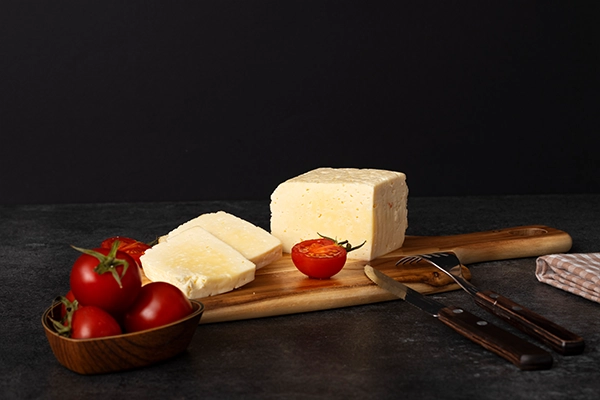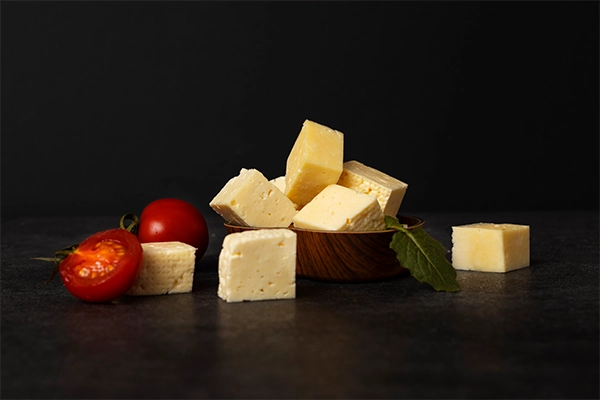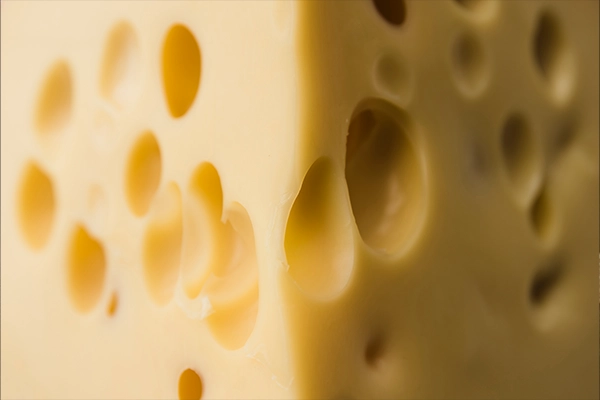Parmesan cheese is one of the most consumed and demanded cheese types in Italian cuisine as well as international food. Parmesan cheese is a hard, delicious cheese that, besides offering a great flavor to food, is also very nutritional. Throughout this article, we will be addressing Parmesan cheese nutritional value and some principal details regarding its calories, carbs, cholesterol, and other nutrients.

1. Major Content of Parmesan Cheese
Parmesan cheese is rich in protein, fat, calcium, and B vitamins, especially B12. Each 28 grams (roughly a tablespoon) of Parmesan cheese contains the following constituents:
- Parmesan Cheese Calories: Roughly 110 calories
- Protein: Roughly 10 grams
- Total Fat: Roughly 7 grams
- Parmesan Cheese Carbs: Less than 1 gram
- Parmesan Cheese Cholesterol: Roughly 20 to 25 milligrams
- Calcium: More than 30% of the body’s daily needs
There you have it, Parmesan cheese nutrition is relatively high and goes a great way in the diet, especially in an individual seeking a protein and calcium source.
2. Parmesan Cheese Calories and How It Impacts Diet
If you are dieting for weight loss, you must pay particular attention to Parmesan cheese calories. Although its calorie value is not high in the sense of the amount consumed (since it is usually consumed as an addition to food like pasta, salad, or soup), it can over time be responsible for an increase in daily calorie intake.
3. Parmesan Cheese Carbs: Virtually Zero!
One of the advantages of this cheese for those on low-carb or ketogenic diets is the very low Parmesan cheese carbs. Due to the long fermentation and drying, milk sugar is virtually removed, and the resulting cheese is lactose-free or has very little of it.
4. Parmesan Cheese Cholesterol and Smart Consumption
Parmesan cheese cholesterol is lower than in some of the soft cheeses, but it should be quantified in its consumption, especially in people with high blood cholesterol levels. There is a significant amount of cholesterol with every small serving, which cannot be healthy for heart conditions when combined with other sources of animal fat.
5. Other Benefits of Parmesan Cheese Nutritional Value
Apart from the above, Parmesan cheese also has characteristics that make it a healthier option compared to some processed cheeses:
- It is a natural source of glutamate, enhancing the flavor of food.
- It contains an extremely low glycemic index.
- It is generally tolerated by individuals who are lactose intolerant since it contains very little lactose.
- Its aging time increases the concentration of nutrients.
Finally, Parmesan cheese nutrition discloses that the food is a good provider of protein, calcium, and natural flavor, provided its utilization is balanced. With proper care about Parmesan cheese calories, Parmesan cheese carbs, and Parmesan cheese cholesterol, you will be able to enjoy this delicious cheese without harming your health.
What is Parmesan Cheese and Why is it so Popular?
Parmesan cheese, commonly referred to as Parmigiano-Reggiano, is an aged, hard Italian cow’s milk cheese. It is an extensively applied cheese in the world because of its rich, pungent taste, grainy texture, and ability to be grated, and is also extremely popular in pasta, pizza, salads, and soups.
One of the reasons why it’s so popular, apart from the fact that it has such a strong and unique flavor, is Parmesan cheese nutrition. It is packed with protein, calcium, and precious vitamins, and, due to its longer fermentation period, very little lactose and is thus more palatable for people who are lactose intolerant. Also, its ability to stay fresh for a long time and be stored for a long time without spoiling has earned Parmesan cheese a special place in the kitchen.
Is Parmesan Cheese for Everyone?
Although the nutrition of Parmesan cheese is very important, this should not mean that its use is recommended for anyone without restrictions. There are individuals who have to be more careful in consuming the cheese.
People intending to reduce weight must be careful about Parmesan cheese calories. Although the calorie content is not significantly high in every small serving, its excessive consumption as a component of highly caloric foods can lead to weight gain.
Conversely, carbs in Parmesan cheese are extremely low, and thus it is an ideal candidate for individuals on low-carb or ketogenic diets. Nevertheless, individuals who are lactose intolerant or have an allergy to animal proteins or milk products might not be able to utilize this cheese.
The other critical element is Parmesan cheese cholesterol. Although the amount is not large when considered in the context of other foods, patients with high cholesterol or cardiac ailments should be careful in their usage and preferably consume it under the supervision of a nutritionist.
In general, Parmesan cheese nutritional content is appropriate for the majority of individuals, but monitoring body conditions, diet, and consumption is of great importance for healthy consumption.

Final Advice on Healthy Usage of Parmesan Cheese
Although Parmesan cheese nutritional value is very high and healthy, its consumption, as with every other foodstuff, has to be done in a balanced way and with attention. The cheese is a valuable source of calcium and protein and can assist in building bones, muscles, and body health generally. Although quite high in fats, sodium, and cholesterol content, excessive intake is not recommended, especially by those with hypertension or high blood cholesterol levels.
To reap the benefits of Parmesan cheese nutrition, it is best to add it to your meals in small portions as a flavoring, not as the main part of your meal. Also, choosing the original and natural type (real Parmigiano Reggiano) instead of industrial and processed ones will help maintain your health.
Finally, by monitoring the level of consumption and noting the quality of the cheese, you can enjoy the delicious taste and the nutritional benefits of Parmesan cheese in a healthy and intelligent way.
Conclusion
Overall, parmesan cheese nutrition has made it one of the healthiest and most delicious types of cheese.
This cheese is rich in protein, calcium, and vitamins that can efficiently support the health of bones, muscles, and the immune system. Although Parmesan cheese has negligible carbohydrates and is suitable for low-carb diets, Parmesan cheese calories and its consumption should also be considered, especially for those trying to control their weight or daily energy intake. Additionally, the presence of cholesterol in Parmesan cheese is a factor that must not be ignored, especially in patients with cardiovascular problems. Still, as a rule, bright and reasonable consumption of Parmesan cheese can be a part of a healthy and wholesome composition of your regular diet, as long as you make modifications in its consumption by taking into account its ingredients.










